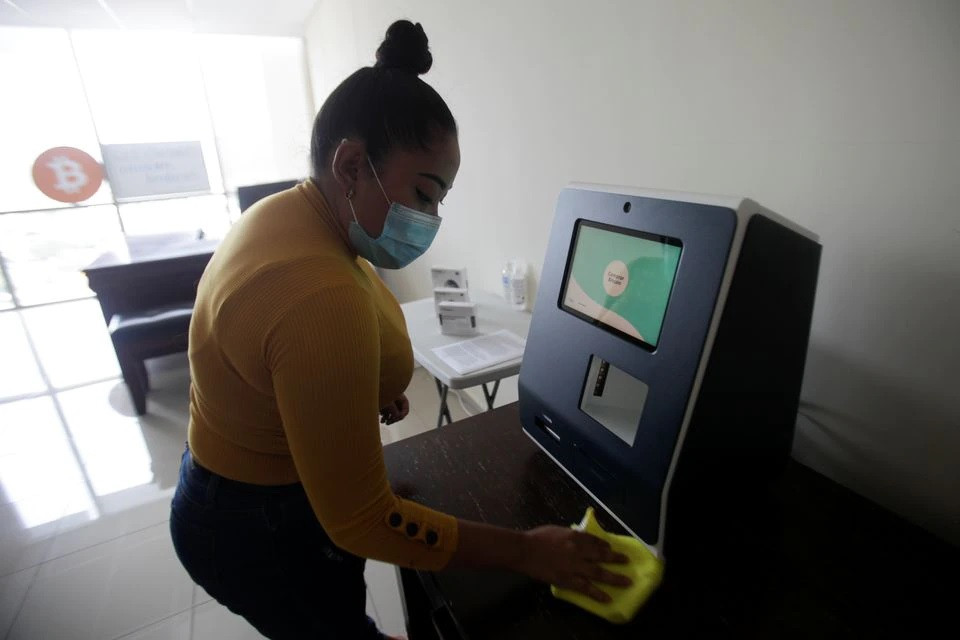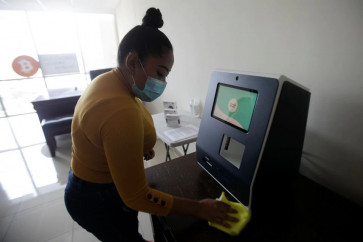Popular Reads
Top Results
Can't find what you're looking for?
View all search resultsPopular Reads
Top Results
Can't find what you're looking for?
View all search resultsCryptocurrencies: The anonymity of future money
Bitcoin is way more valuable today than it was, but on bad days, the value plunges irrationally.
Change text size
Gift Premium Articles
to Anyone
C
ryptocurrencies have become a revolutionary phenomenon in this digital era. The idea has been around since 1983 when David Chaum looked for a means of preserving privacy that turned to cryptography and predicted ahead of his time that cryptocurrencies could function as anonymously as paper money but as conveniently as a credit card.
Chaum’s idea seems to have inspired the Chyperpunks movement in the 1990s, a libertarian anti-government group with its manifesto that privacy matters and to have the power to selectively reveal oneself to the world. Chyperpunks’ main idea was to apply cryptography to personal computers and the internet via public-key encryption. Then, the infamous white paper “Bitcoin: A Peer-to-Peer Electronic Cash System” written by a mysterious person called Satoshi Nakamoto, pushed cryptocurrencies into our world.
The underlying political idea of cryptocurrencies can be seen as extreme right-wing and libertarian, the proponents of which are tempted by the utopia of “democratizing” money. That political orientation is manifested by cryptocurrencies’ underlying technology of the blockchain.
Blockchain utilizes the distributed ledger concept, whereby all nodes can access the information of the transaction blocks that are publicly available on the blockchain. Hence, it is tamper-proof and a solution for the “double-spend problem.”
Blockchain technology has equipped cryptocurrencies with efficient competitiveness, digital-savvy culture and promising pseudonyms. For cyberlibertarians privacy matters the most. But in the social arrangement of a nation, that idealism is worrisome. Cryptocurrencies are privately issued and still lack regulation. Thus, crypto transactions are exposed to felonious activities, including illicit trafficking, money laundering and terrorist financing.
While it is technologically possible, insufficient political acknowledgment from sovereign nations prevents cryptocurrencies becoming an alternative to physical cash. Labeling it as a “currency” is superfluous nowadays. Only El Salvador preposterously grants Bitcoin legal tender status in its territory, we can find few similar situations elsewhere. In Indonesia, the sole currency is the rupiah.
We have seen roller-coaster episodes of Bitcoin. Bitcoin is way more valuable today than it was, but on bad days, the value plunges irrationally. Crypto trading is purely Keynesian “beautiful baby” speculative trading. It is simply trading with a view to what others are doing. Cryptocurrencies rarely behave, well, like money.



















